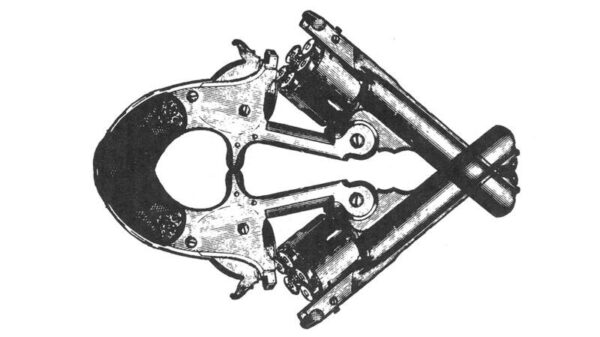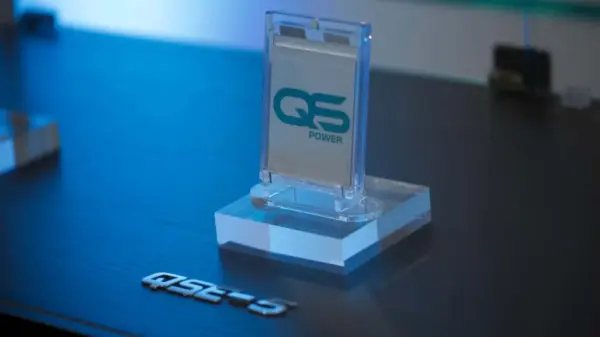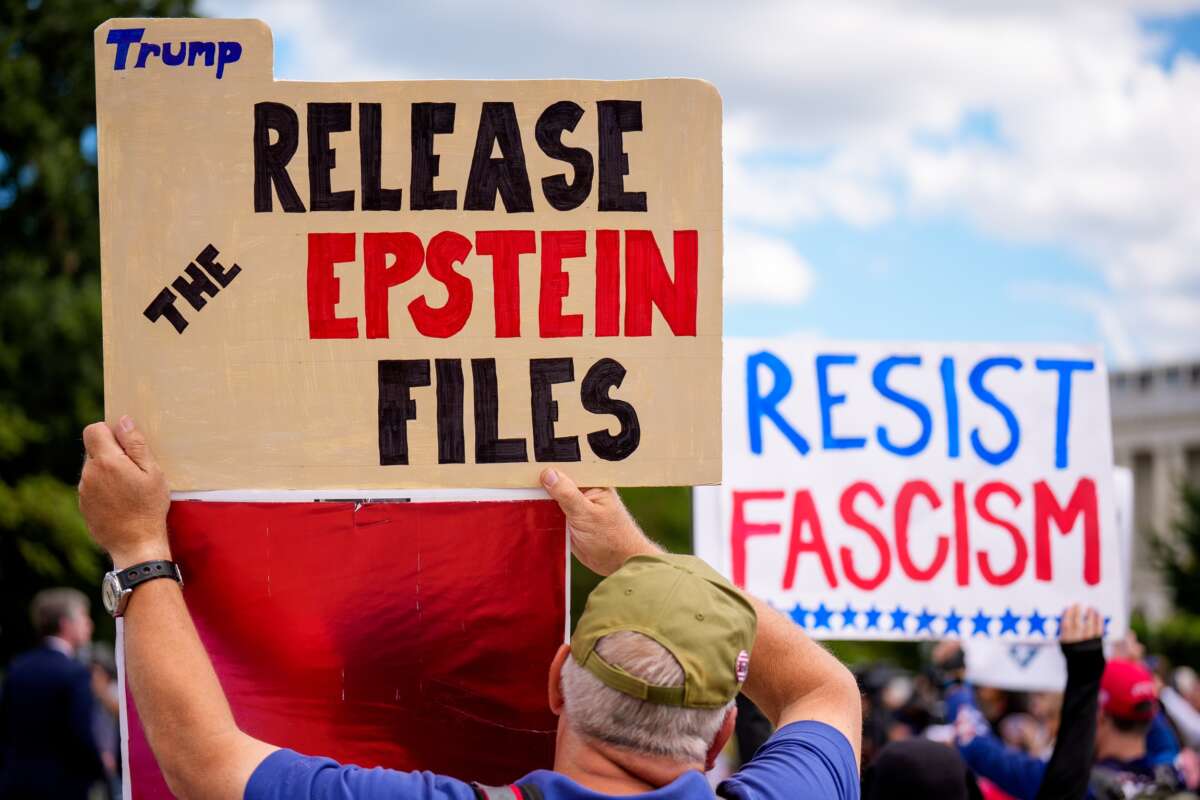A critical congressional vote regarding the release of Department of Justice (DOJ) files linked to the investigation of accused sex trafficker Jeffrey Epstein is set to occur next week. This decision follows the emergence of emails from Epstein, disclosed by his estate as part of a subpoena from the House Oversight Committee, which detail his relationship with former President Donald Trump. Notably, these emails suggest the possibility that the two were still in contact as recently as November 2017.
On Wednesday, shortly after taking office, Rep. Adelita Grijalva (D-Arizona) became the 218th member of Congress to sign a discharge petition demanding a vote on the release of these files. Her signature was pivotal in compelling Speaker of the House Mike Johnson (R-Louisiana) to schedule the vote. Although parliamentary rules allow for a delay until December, Johnson indicated that the vote would take place sooner, stating, “We’re going to put that on the floor for a full vote when we get back next week.”
Despite the urgency, the majority of Republican lawmakers have expressed opposition to releasing the files. However, the push for this vote has garnered bipartisan support, with four Republicans joining Democrats in favor of the measure. Johnson’s decision to expedite the vote may reflect a desire among GOP leaders to resolve the issue quickly, especially as the holiday season approaches.
In discussions with reporters, Johnson described the vote as “a totally pointless exercise” and criticized it as a distraction from other legislative priorities. He claimed that Trump supports “maximum transparency” regarding the files, a statement that conflicts with Trump’s previous assertions that the issue is a “hoax.” In a post on Truth Social, Trump warned Republican lawmakers against supporting the release, labeling those who would back the bill as “very bad” or “stupid.”
Despite these tensions, sources anticipate that a significant number of Republicans may ultimately support the bill, with estimates suggesting that as many as 100 Republicans could “defect” from Trump’s position. The likelihood of the bill becoming law remains uncertain. Should it pass the House, it would face challenges in the Senate, where a filibuster could effectively stall it indefinitely. Even if 13 Republicans joined all Democrats to overcome the filibuster, Trump could veto the legislation. Blocking the bill could prove unpopular, as many Americans favor making the files public. An Economist/YouGov poll conducted this summer found that 67 percent of respondents believe the government is concealing evidence related to the Epstein case.
The release of Epstein’s emails has heightened scrutiny of his connections to Trump. In one email, Epstein described Trump as “that dog that hasn’t barked,” and in another, he noted that Trump “knew about the girls,” referring to Epstein’s victims. Additional communications revealed that Epstein frequented Trump Tower long after his alleged friendship with Trump ended and that guests speculated about their continued meetings.
The upcoming vote on the Epstein files represents a significant moment in the ongoing conversation about transparency and accountability in high-profile cases. As the situation develops, the implications for both political parties and public opinion remain to be seen.








































































